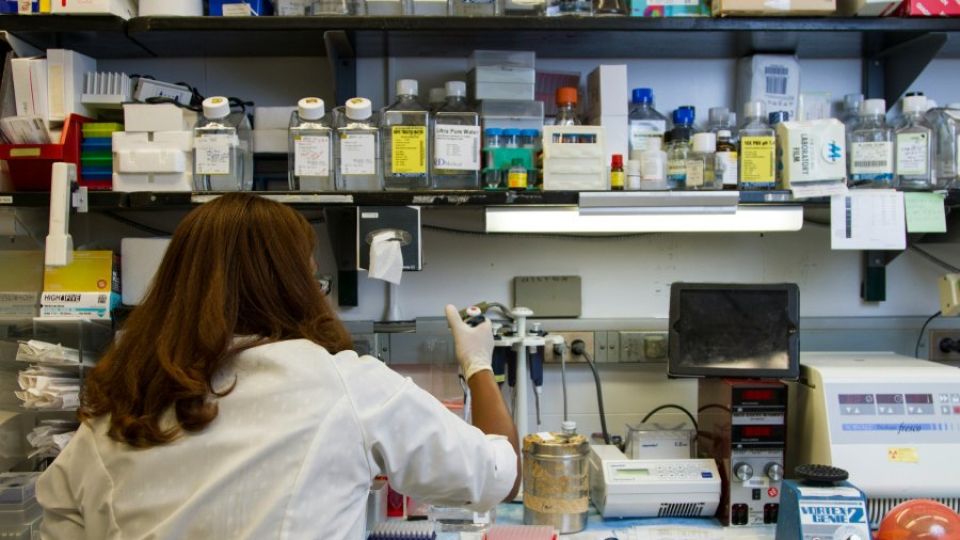January 2, 2025
KATHMANDU – The National Public Health Laboratory has validated next-generation sequencing for breast cancer. Now, oncologists serving in the country no longer need to send specimens of suspected cancer patients to India for testing. Patients or their relatives will now pay only about half the cost they were paying in India.
“We have successfully validated next-generation sequencing for breast cancer,”said Dr Ranjan Raj Bhatta, director at the laboratory. “Now doctors do not need to send samples to India. We will provide the service at almost half the price patients have been paying in India.”
Next-generation sequencing is a technology for determining the sequence of DNA or RNA to study genetic variations. This technique can detect rare causative variants for monogenic conditions when many possible mutations exist.
Due to a lack of such a service within the country, hospitals treating cancer patients had to send samples to India, and it would take several weeks for the test results to arrive.
Patients who are suspected to be suffering from cancer, as well as their families, had to anxiously wait for confirmation of the diagnosis.
“We will provide the result within three weeks,” said Bhatta. “It currently takes around four weeks for reports to come from India. We can provide reports earlier, but it depends on the number of samples from suspected cancer patients. Carrying out testing on fewer samples costs more, so we sometimes need to wait longer.”
Doctors say that the start of the service by the NPHL helps patients and their families get reports more quickly, which will help doctors to start treatment earlier. Starting treatment on time makes a big difference in recovery from cancer, according to them.
It is estimated that around 2,000 Nepalis undergo breast cancer screening every year.
Meanwhile, the NPHL said that along with next-generation sequencing for breast cancer, preparations are underway to begin genomic testing for four other cancers, including leukaemia.
Experts say the start of next-generation sequencing and genomic testing also helps maintain databases and ensure genomic confidentiality and privacy, which are essential for research and making policies on disease management.
Oncologists say not all cancer treatment centres require all types of diagnostic services, as testing is costly and some centres do not get enough samples. They also said that hospitals can be encouraged to start super-speciality services through tax concessions.


